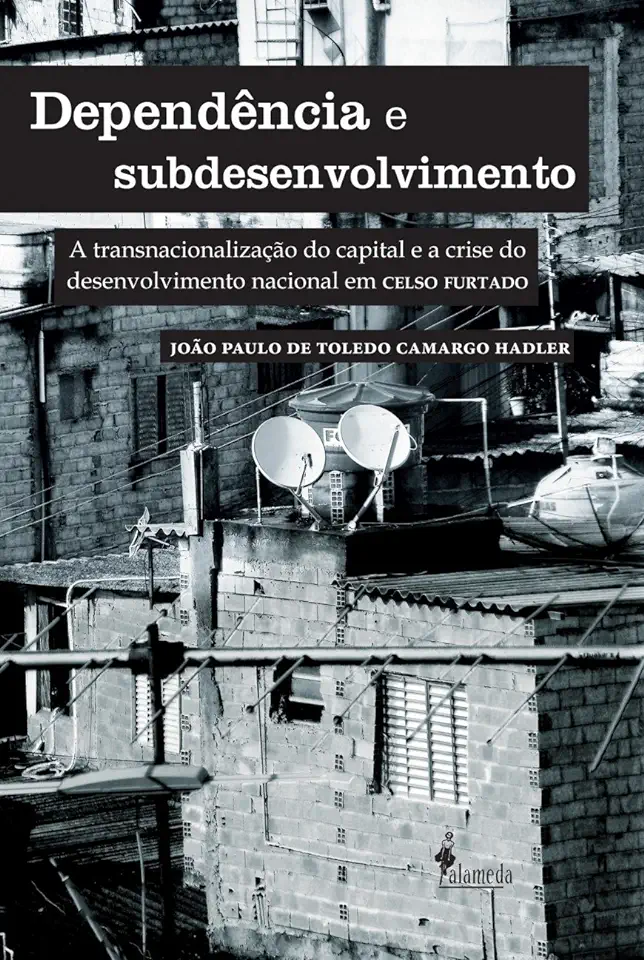
Dependency and Underdevelopment - João Paulo de Toledo Camargo Hadler
Dependency and Underdevelopment: A Book Review
Introduction
In his book "Dependency and Underdevelopment", João Paulo de Toledo Camargo Hadler presents a comprehensive analysis of the relationship between dependency and underdevelopment in Latin America. Hadler argues that dependency is the root cause of underdevelopment, and that it is a structural problem that cannot be solved by simply increasing foreign investment or promoting economic growth.
Dependency Theory
Dependency theory is a school of thought that emerged in the 1950s and 1960s in Latin America. Dependency theorists argue that the underdevelopment of Latin America is not due to a lack of resources or technology, but rather to the way that Latin American economies are integrated into the global capitalist system.
Dependency theorists argue that Latin American economies are dependent on the economies of developed countries, and that this dependency prevents them from developing their own independent economies. This dependency is manifested in a number of ways, including:
- The export of raw materials: Latin American countries are often dependent on the export of a few primary products, such as oil, copper, and coffee. This makes them vulnerable to fluctuations in the global market, and it prevents them from diversifying their economies.
- The import of manufactured goods: Latin American countries often import manufactured goods from developed countries, which makes them dependent on the developed countries for their economic survival. This also prevents them from developing their own manufacturing industries.
- The presence of foreign investment: Foreign investment in Latin America is often concentrated in the extractive industries, which does not contribute to the development of the local economy. Foreign investment also often leads to the repatriation of profits, which further impoverishes Latin American countries.
Underdevelopment
Underdevelopment is a condition of poverty, inequality, and social injustice. It is characterized by a lack of economic growth, a high level of unemployment, and a poor quality of life. Underdevelopment is often associated with dependency, as it is difficult for countries that are dependent on other countries to develop their own economies.
The Solution to Underdevelopment
Hadler argues that the solution to underdevelopment is to break the cycle of dependency. This can be done by:
- Diversifying the economy: Latin American countries need to diversify their economies by reducing their dependence on the export of a few primary products and by developing their own manufacturing industries.
- Reducing foreign investment: Latin American countries need to reduce their dependence on foreign investment by promoting domestic investment and by regulating foreign investment so that it benefits the local economy.
- Promoting social justice: Latin American countries need to promote social justice by reducing inequality and improving the quality of life for their citizens.
Conclusion
"Dependency and Underdevelopment" is a must-read for anyone who wants to understand the causes of underdevelopment in Latin America. Hadler's analysis is clear and concise, and he provides a wealth of evidence to support his arguments. This book is a valuable resource for scholars, policymakers, and anyone else who is interested in the development of Latin America.
Why You Should Buy This Book
If you are interested in the development of Latin America, then you should buy this book. "Dependency and Underdevelopment" is a comprehensive and well-researched analysis of the relationship between dependency and underdevelopment in Latin America. Hadler's book is a valuable resource for scholars, policymakers, and anyone else who is interested in this important topic.
Enjoyed the summary? Discover all the details and take your reading to the next level — [click here to view the book on Amazon!]